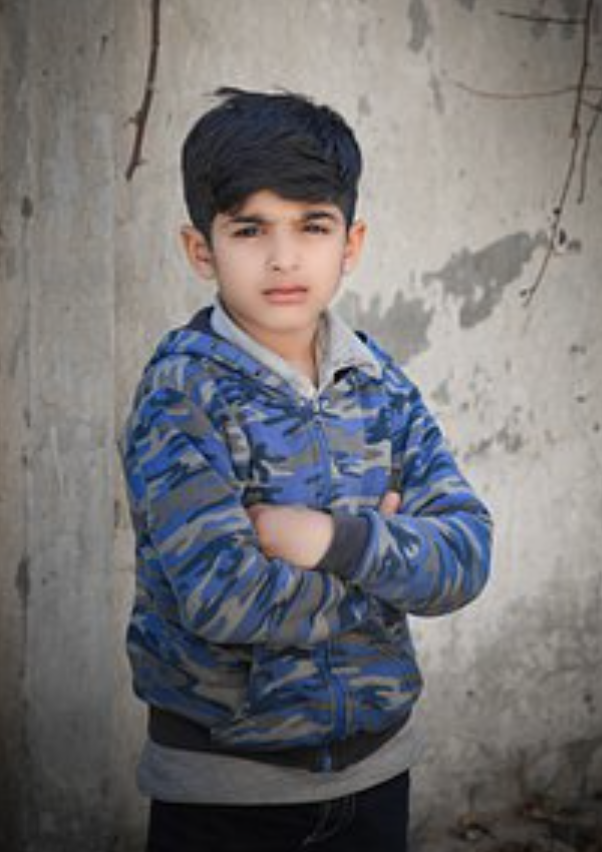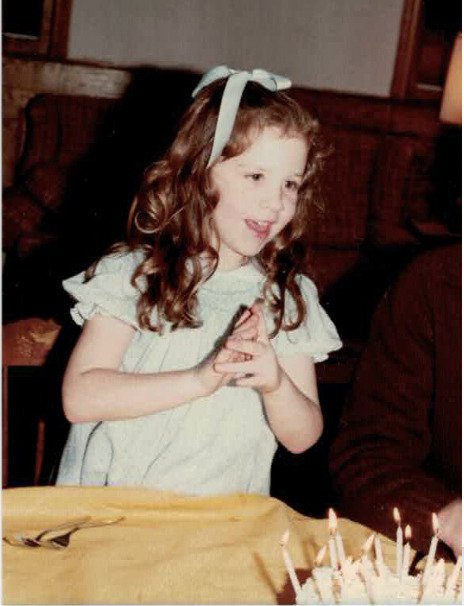Why Is My Child So Rude All The Time?

Not again! Your child interrupts others, abruptly walks away, refuses to look you in the eye and stays on her phone during family social events – rolling her eyes when an older relative rebukes her. He tells his friends that he wasn’t picked for the coveted swim team because they are mean and he wouldn’t join even if invited. Do you ask yourself, “Why is my child so rude all the time?
Do you Worry That Your Child is Rude?
Are you feeling embarrassed, baffled, and uncertain why your child is more rude than their siblings and friends? Do you wonder how she doesn’t seem to understand how she presents to others? Will he alienate friends, bosses, and their spouse? You’ve tried to explain – possibly even lecture at times – but to no avail.
Reasons Your Child May Be Considered Rude
Some children don’t mean to present as rude, but they lack the communication skills and the understanding of how they present. Some children and teenagers with weak executive function skills often can’t read the social nuances of body language, facial expressions, mo

od, or tone of voice. This challenge often results in off-putting comments or tones that can create unhealthy dynamics.
Often as parents we feel shame when our child presents as rude. But remember that your child wants to do well and has so many good qualities. By partnering with your child and helping her learn how to shift her communication and read other people, you give her a gift that lasts a lifetime.
How to Help a Child Build Social Skills
Guide Don’t Preach
No one can remain attentive when lectured to. Dictating that they must be thoughtful and caring may have the opposite effect. Instead, guide your child to consider another’s situation or point of view. Use open questions and collaboratively reflect on other’s state of mind. By asking open-ended questions, you encourage honest, candid, and thoughtful discussions. Open-ended questions use the words who, what, when, where, and how. Here are some conversation starters:
“What could he be feeling? How are you doing? What makes ______ appealing? I have noticed that sometimes you have a hard time with (identify a behavior). What makes (name the behavior) hard for you?”
Help Identify Rude Tone
Some children who struggle with social skills do not hear – or interpret – their own tone. They do not realize that the way they are communicating can be off-putting or rude. When both of you are calm and in good humor – so as not to cause overreaction – collaborate on how one can tune into tone. Ask, “Has you experienced a rude tone in others? What did it sound like? How did it make you feel?” Share a time when you have found yourself struggling with tone and then ask your child if there are times she struggles.
Step into Someone Else’s Shoes
Perhaps it was your child who acted insensitively to Grandma. Collaboratively talk about your child’s behavior and ask him to interpret how his behavior might have made Grandma feel. “How do you think she feels when you correct her? What did you mean to do?” Lead by example as you try to understand the perspective of others. Model holding back sharp comments and filtering your social media retorts. When you witness a situation in which someone is involved in an emotional experience, appropriately and respectfully talk to your child about another person’s experience. This may be during or after the incident, but consider questions like, “What do you think is going on in your friend’s life? What did you notice about her reaction to the situation?”
WIFM- What’s in it For Me?
You may want your child to change but she may not think there is a problem. Rather than pushing your agenda, try to help her become more self-reflective and to consider what is in it for her. Link these discussions to her goals. Motivation to change is a key element here, and your goals are not her goals. As coaches, we shepherd and guiding our children to learn how the social world works. Perhaps she is going into animation, she will therefore need to work on a team. Open questions and short, brief conversations can help your child consider what people skills she will need. Ask her, “What it do you think it will be like? What skills will you need? How well are you now in working with teams? What will you need to do to work with a team?”
Reflect on the Rules of the Social World
The concept of Social Spy is designed to learn how to manage concerns around social skills and social and emotional development. Go into a virtual or public event with a mission to be a social spy to obtain specific social information. Rehearse ahead of time in order to watch other people in a subtle, covert way and to listen without looking like you are eavesdropping. The idea is to scan and read the room to learn crucial information about peers such as how they dress, what they talk about as well as how to observe and notice other people’s behavior, mood and energy. Distance yourself and just reflect, for example,“What did you notice about her reaction to the situation? What does fitting in mean?”
Deeper Dive
Video: Starting the Coaching Conversation
Are you looking for help on how to broach tough topics with a rude child? This video is a real-world conversation so parents can hear what a coaching conversation sounds like and how the conversation brings to light the child’s realizations and also helps the parent understand their perspective and the stories that get in the way of the child moving forward. As featured in Why Will No One Play With Me? these stories are essential for your child to address in order to understand the social world and move forward.
DO This At Home!
For scripts, tools, advice and actionable exercises on helping children develop social skills, check out Why Will No One Play with Me? and How to SEL



